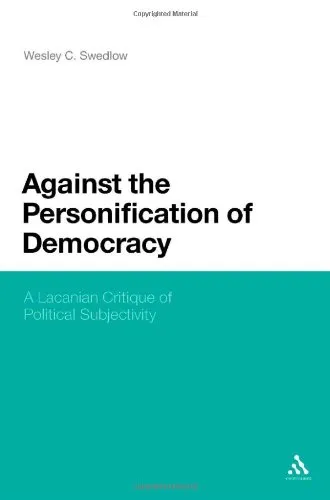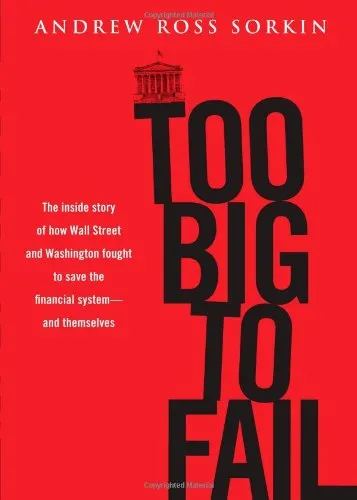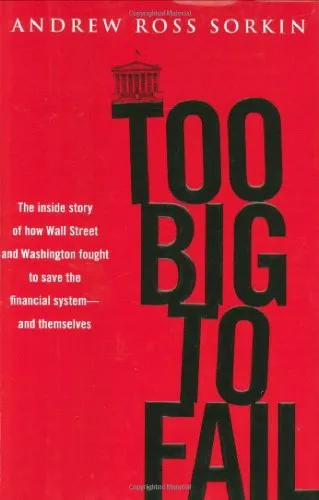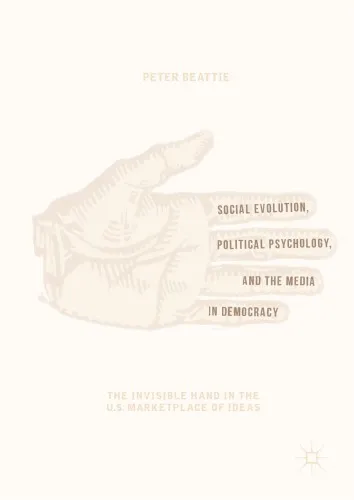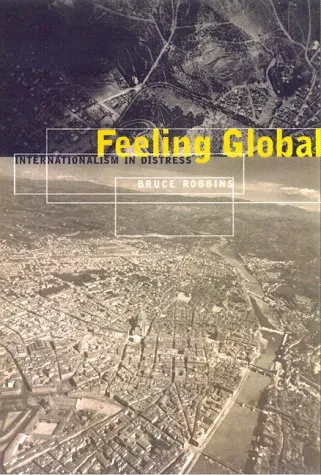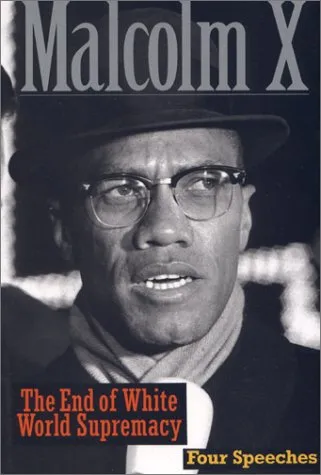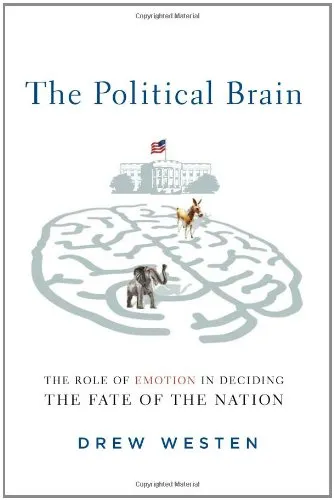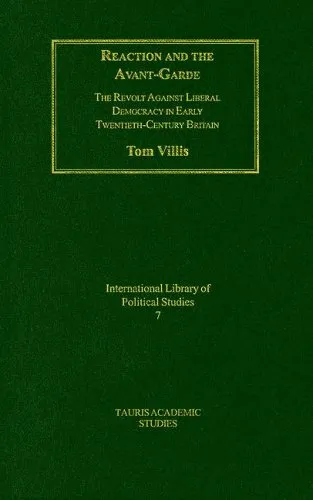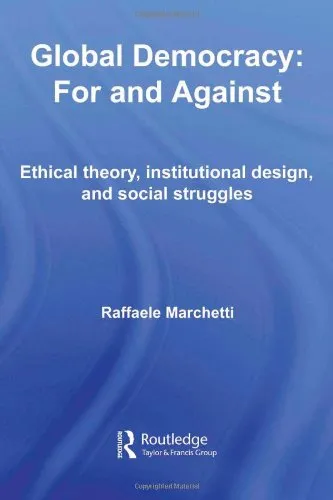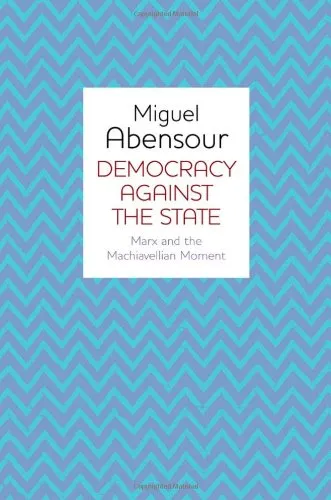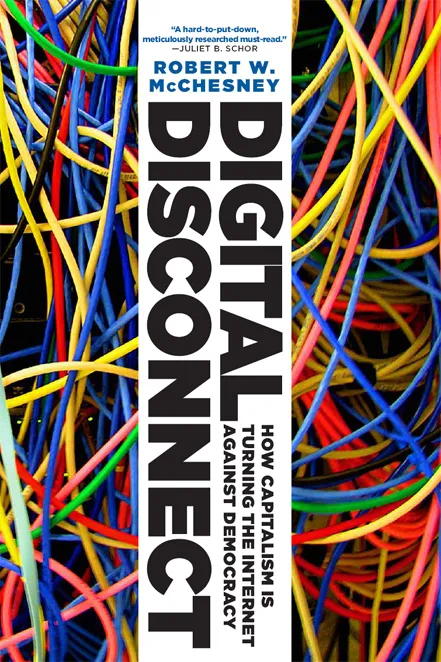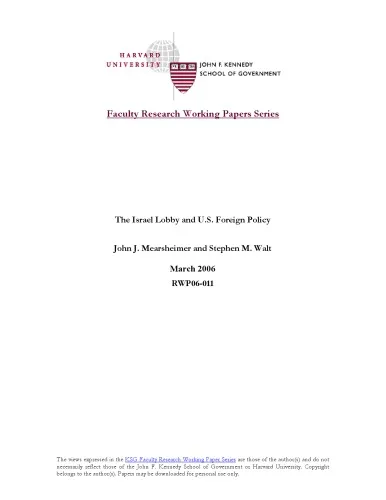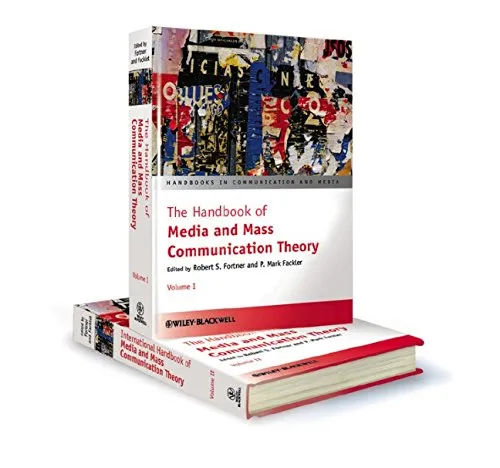Against the Personification of Democracy: A Lacanian Critique of Political Subjectivity
3.5
Reviews from our users

You Can Ask your questions from this book's AI after Login
Each download or ask from book AI costs 2 points. To earn more free points, please visit the Points Guide Page and complete some valuable actions.Related Refrences:
Introduction to Against the Personification of Democracy: A Lacanian Critique of Political Subjectivity
Against the Personification of Democracy challenges the conventional understanding of democracy by offering a critical exploration of political subjectivity through the lens of psychoanalysis. Drawing on the ideas of Jacques Lacan, one of the most influential psychoanalysts of the 20th century, this book delves deeply into how our collective identity is intertwined with the fantasies and desires that shape democratic ideals. It critiques the "personification" of democracy, focusing on how such representations obscure the deeper, often unsettling mechanisms that govern political participation and subjective identification. This book is not merely an academic exercise; it invites readers to rethink their assumptions about democracy, subjectivity, and the unconscious forces that define political life.
At its core, the book asks an urgent set of questions: What happens when democracy is imagined as a person, a unified entity? How does this shape political behavior and decision-making? And more importantly, how does this imagined personification obscure the contradictions, disavowals, and gaps that underlie the democratic process? In answering these questions, the author employs Lacanian psychoanalytic theory as a guiding framework to critique prevailing notions of the sovereign political subject, ultimately offering a thought-provoking reimagining of democratic engagement.
Whether you are a scholar of political theory, psychoanalysis, or merely curious about the deeper psychological structures of political life, this book promises an intellectually rigorous and fundamentally transformative journey.
Detailed Summary of the Book
Against the Personification of Democracy is divided into several thematic sections, each of which explores different aspects of democracy and political subjectivity through a Lacanian lens. The book begins by examining the history of how democracy has been personified in both philosophical and cultural discourses. By assigning a human-like status to democracy—treating it as a coherent, unified figure—societies often reinforce the illusion of harmony and universality, suppressing the inherent divisions and antagonisms that exist within the political sphere.
The text then moves to analyze the role of the "Big Other," a key Lacanian concept, in constructing democratic ideals. Democracy, it argues, is not an actual entity but a symbolic construct shaped by our unconscious fantasies. This chapter uncovers how these fantasies—rooted in desire and fear—animate political participation, fostering both community and alienation.
Another significant theme is the critique of liberal democracy's emphasis on individuality and sovereignty. By centering the "autonomous" individual, liberal political thought overlooks the fragmented and contradictory nature of the subject as revealed by psychoanalysis. The book offers a compelling argument that political decision-making and identity are never entirely rational processes but are instead deeply entwined with unconscious desires, ideological distortions, and the perverse enjoyment of social bonds.
The closing chapters call for a rethinking of political subjectivity, one that resists the comforting myths of unity and coherence offered by democratic personification. Rather than embracing an illusory ideal of democracy as a unified subject, the book advocates for an embrace of its antagonisms, gaps, and paradoxes—precisely those aspects that make democratic life vibrant and open to change.
Key Takeaways
- Democracy is not a unified or coherent "person" but a symbolic construct shaped by unconscious desires and ideological fantasies.
- Political subjectivity is deeply fragmented, shaped as much by unconscious drives as by rational deliberation.
- The personification of democracy conceals the inherent contradictions and antagonisms of the political sphere.
- Rethinking democracy through a Lacanian lens requires an embrace of its paradoxes rather than a reliance on comforting illusions of unity and coherence.
Famous Quotes from the Book
"The personification of democracy is not its strength but its fundamental weakness: a desperate attempt to deny the fractures within the political body."
"To understand democracy, one must go beyond the facade of representation and confront the unconscious desires that sustain it."
"Democracy thrives not in unity, but in its gaps, its contradictions, its refusal to ever be fully complete."
Why This Book Matters
In an era of increasing political polarization and disillusionment with democratic processes, Against the Personification of Democracy offers a timely intervention into contemporary political thought. By bringing psychoanalysis into dialogue with political theory, the book sheds light on the unconscious forces that shape collective identities and decision-making. It challenges readers to confront the myths and illusions that underpin their political beliefs, offering a path toward a more honest, critical engagement with democracy.
This book matters because it dares to question the very foundations of how we think about democratic life. It provides scholars, activists, and citizens alike with the intellectual tools to navigate the complexities of political subjectivity, encouraging a more nuanced and open-ended approach to democracy that acknowledges its contradictions and allows for transformation.
Free Direct Download
You Can Download this book after Login
Accessing books through legal platforms and public libraries not only supports the rights of authors and publishers but also contributes to the sustainability of reading culture. Before downloading, please take a moment to consider these options.
Find this book on other platforms:
WorldCat helps you find books in libraries worldwide.
See ratings, reviews, and discussions on Goodreads.
Find and buy rare or used books on AbeBooks.
1449
بازدید3.5
امتیاز0
نظر98%
رضایتReviews:
3.5
Based on 0 users review
Questions & Answers
Ask questions about this book or help others by answering
No questions yet. Be the first to ask!
